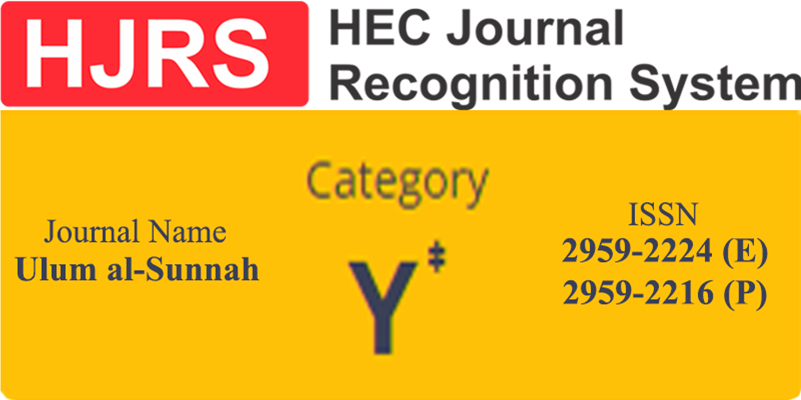اسلام کا نظریہ سائنس اور سائنٹزم
The Islamic Perspective on Science and Scientism
Keywords:
Science, Scientism, Atheism, Agnosticism, Arguments, GodAbstract
Science and scientism are two different ideas. Science is the name for the search to discover new things and to reveal the secrets of the universe by reflection in the universe according to organized rules. On the other hand scientism is to organize every being, ideas and ideologies present in the universe according to the scientific rules. Scientism wants science to interfere in the fields which are not historically the sphere of science. For example, beliefs, concerning the existence of God, Eden, Hell, Angels and ghosts etc. That's why scientism is the major reason behind irreligiosity and infidelity which is increasingly engulfing the societies. In western countries people in fact fall prey to scientism and become irreligious, liberal or agnostic. Because science makes the idea concrete in people's minds that only observable exists. Moreover what can't be observed has no existence at all. Since God can't be observed so He doesn't exist. In this way people refute God's existence by falling prey to scientism. And since everything in this temporal existence is for the sake of man only, so man is sovereign. So every consideration will be for the sake of this sovereign man. Man will be the measure of everything. Man's interest lies in his emancipation from everything since man is the supreme reality of this world. Mufti Yasir Nadeem Alwajdi has tried to refute this kind of thought in his still unpublished book “Tahafa Tul Malahida”. Therefore this article has taken stock of history of scientism, difference between science and scientism through their definitions, symptoms of scientism, arguments in favour of scientism and counter arguments given by Mufti Yasir Nadeem Alwajdi in his book “Tahafa tul Malahida”.In this article I have also taken care of verifying all references and provided comprehensive references.
Downloads
Published
How to Cite
Issue
Section
License
Copyright (c) 2025 Ahmad Raza, Muhammad Umer Raheel

This work is licensed under a Creative Commons Attribution-NonCommercial 4.0 International License.
This is an open-access journal which means that all content is freely available without charge to the user or his/her institution. Users are allowed to read, download, copy, distribute, print, search, or link to the full texts of the articles, or use them for any other lawful purpose, without asking prior permission from the publisher or the author. All articles are available on the internet to all users immediately upon publication. Non-commercial use and distribution in any medium are permitted, provided the author and the journal are properly credited.










 Research Journal Indexed by Google Scholar
Research Journal Indexed by Google Scholar